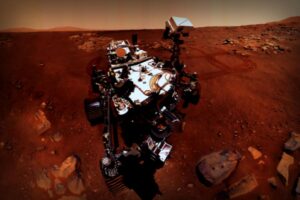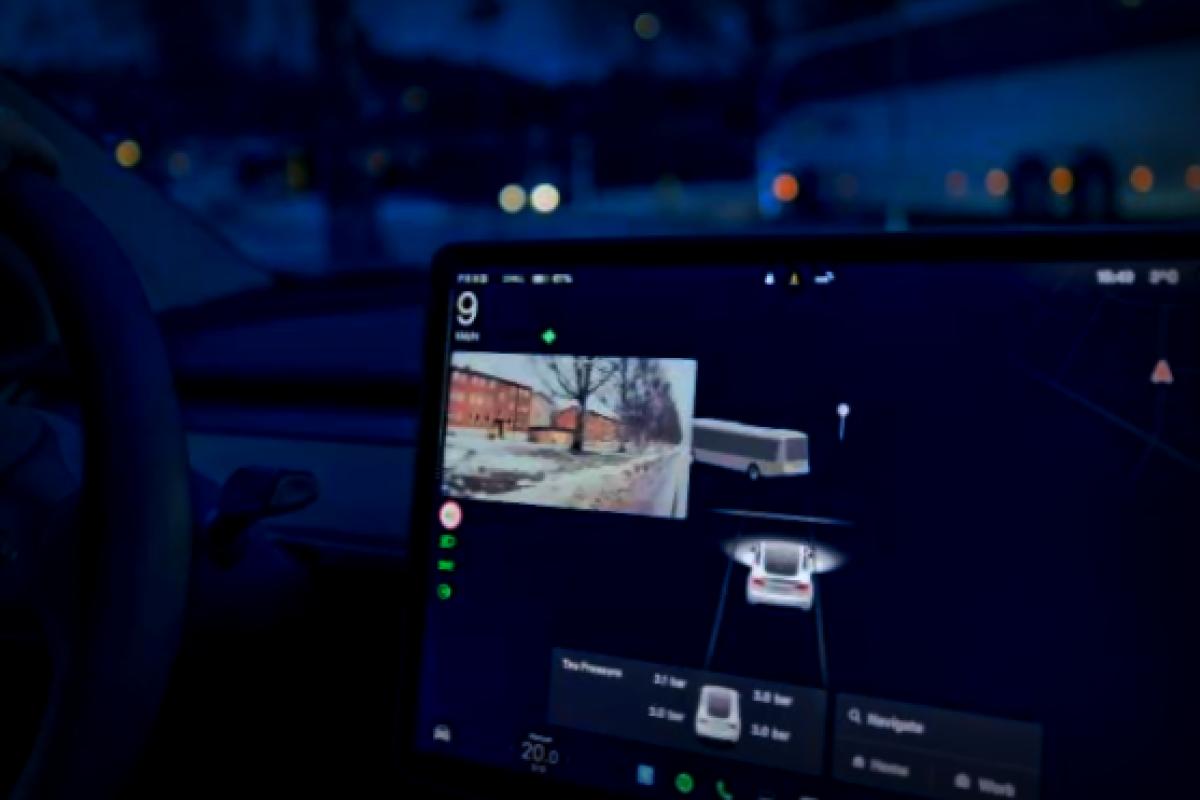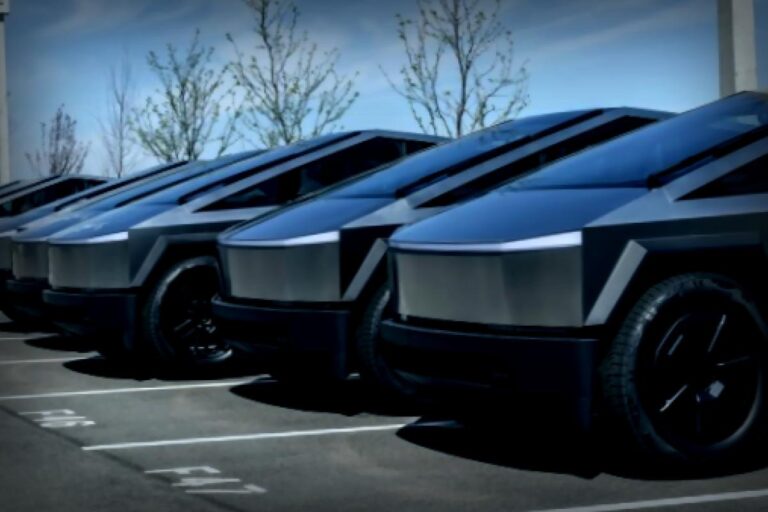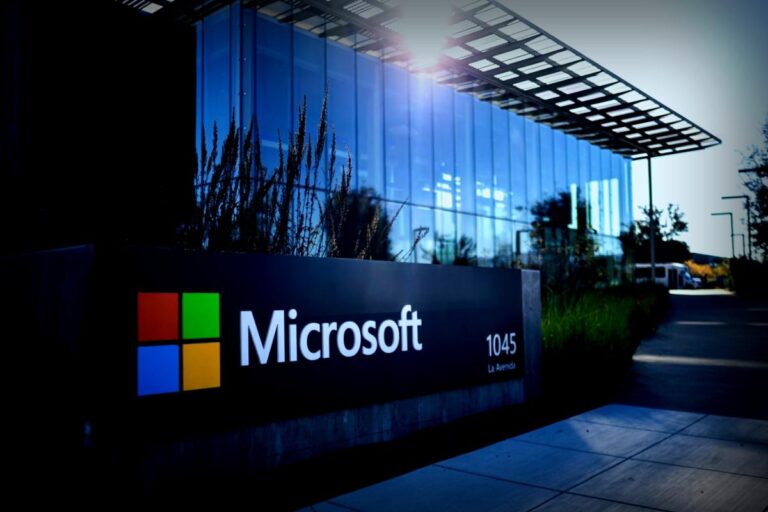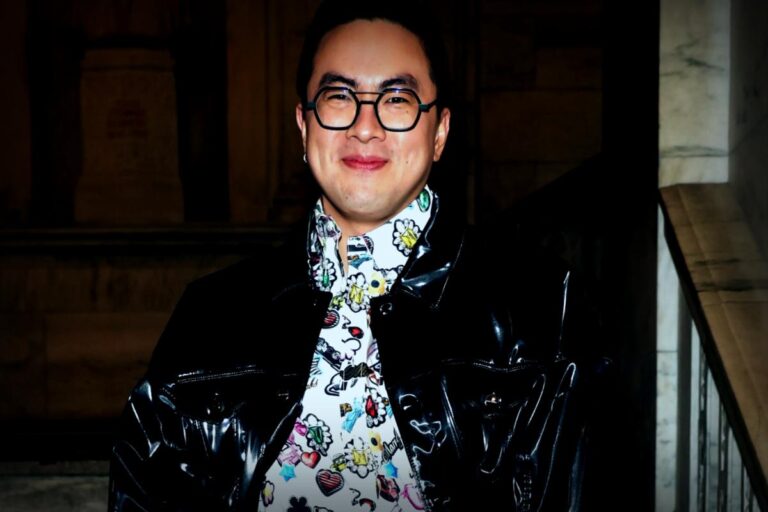Tesla really needs to reevaluate its Full Self-Driving technology, as the reality doesn’t seem to match their high-flying claims. In fact, a lawsuit over this very issue could change everything for the company.
What’s Going On?
A deep dive investigation from More Perfect Union on YouTube takes a closer look at the real capabilities of Tesla’s autonomous driving features versus the bold promises the company makes.
What stands out is how Tesla brands its features as “autopilot” and “self-driving”, even though they usually require a human behind the wheel. And even with that requirement, the features continue to encounter numerous problems.
According to expert Missy Cummings, the main issue is that Tesla’s methods for their self-driving tech are riddled with flaws. She argues that what they’re doing with just one sensor flies in the face of proper robotics education.
As the director of George Mason University’s Autonomy and Robotics Center, Cummings contrasts Tesla’s approach with competitors like Waymo. Waymo incorporates multiple technologies such as radar and lasers, while Tesla relies primarily on cameras—essentially “computer vision”.
Cummings notes that the maximum reliability of computer vision? 97%. This means there’s a 3% chance of errors in critical driving situations, way too risky!
She suspects that the reason behind Tesla’s minimal use of sensors is cost—thousands of dollars that the CEO, Elon Musk, would rather not add to the vehicle prices.
Why Does It Matter?
This year has been quite shaky for Tesla.
The company’s stock price fell sharply at the year’s start. Even after some recovery, it ended September down over 10% from its initial position back in 2025. Additionally, global sales figures have significantly dipped, raising even more eyebrows.
However, this could all be overshadowed by a legal battle from the California Department of Motor Vehicles over allegations that Tesla misrepresented its FSD capabilities to consumers.
What’s Next for Tesla?
If Tesla loses this case, they might be in deep trouble. Law professor Eric Goldman from Santa Clara University warns that the company could face a flurry of additional lawsuits, requiring them to dish out hefty settlements.
Then there’s the risk of a one-month ban on selling cars in California, meaning they wouldn’t be able to operate there during that time. Plus, it would mark a formal acknowledgment that Tesla lied about its autonomous driving features—capabilities that Musk continuously links to the company’s future.
One popular comment on YouTube captures it well: “I’ve never seen a CEO get away with lying to investors so often.” Most other CEOs would probably have gotten the boot by now.
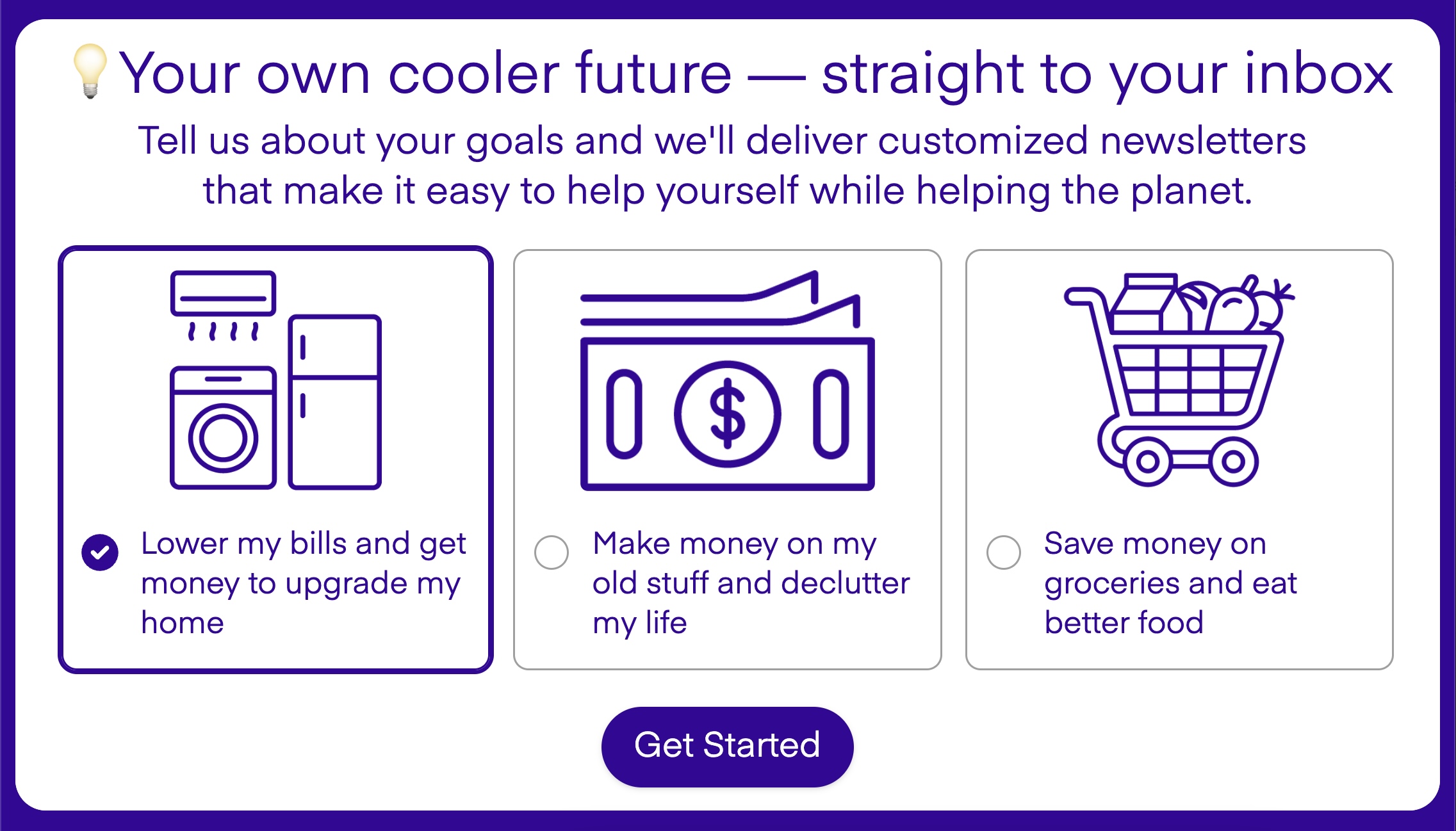
Don’t miss out! Join our free newsletter for weekly updates on the latest innovations reshaping our lives and the future, and check out this awesome list of simple ways to help yourself while also benefiting the planet.
Expert Hits Back at Tesla’s Claims About Key Driving Feature: ‘Simply Not True’ first appeared on The Cool Down.

